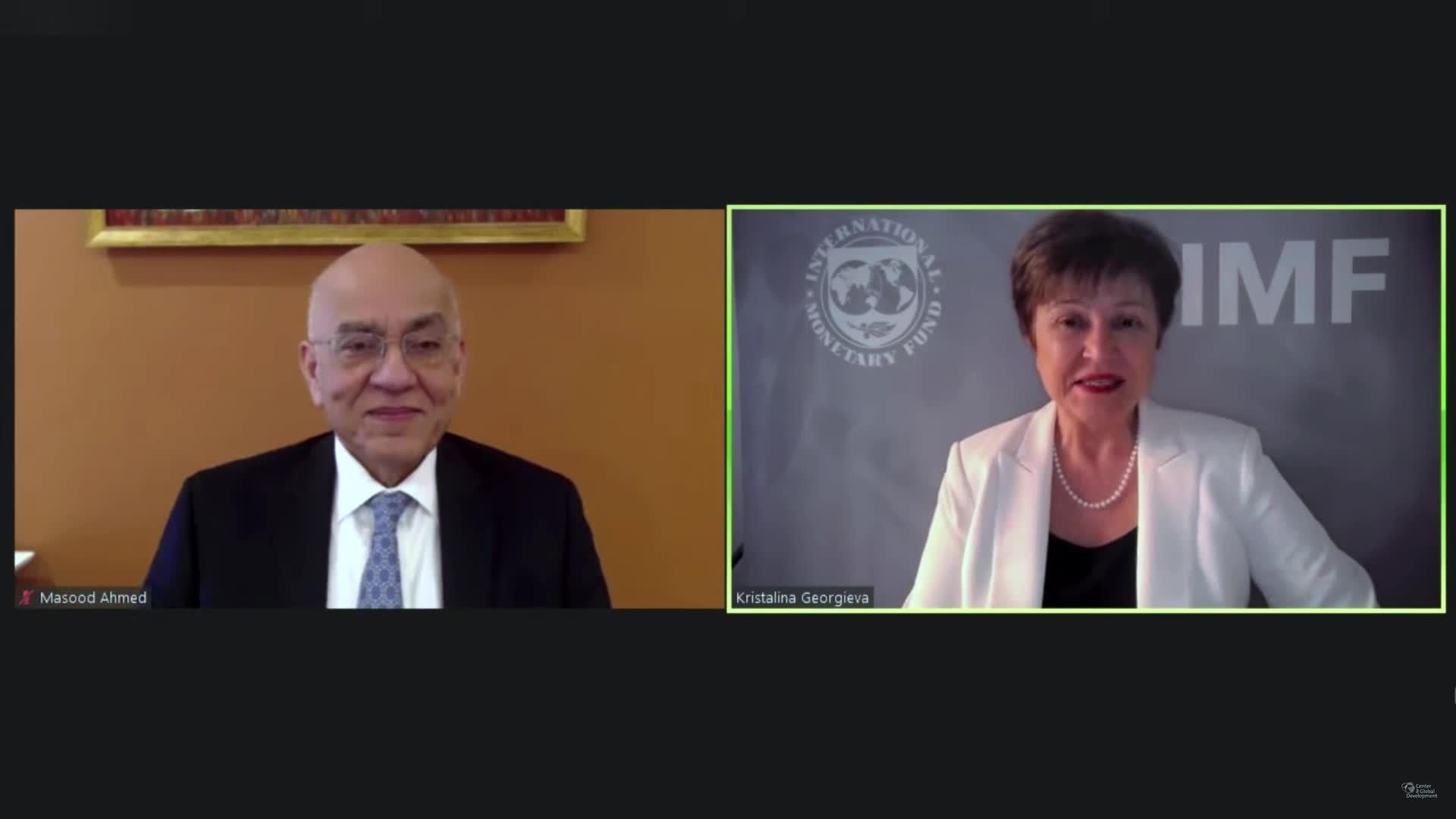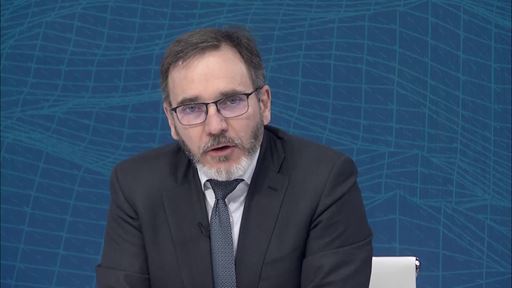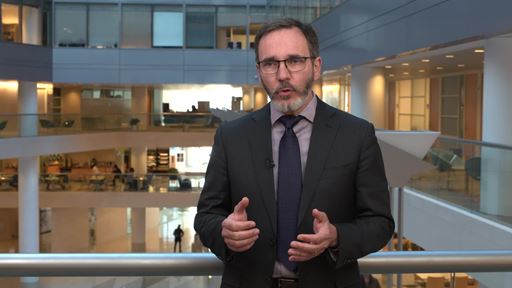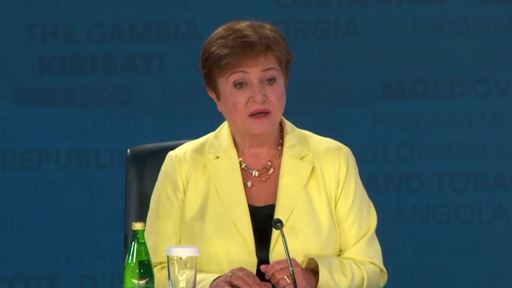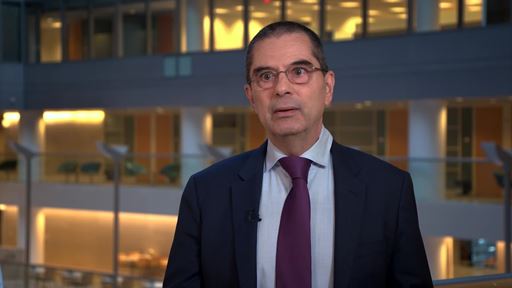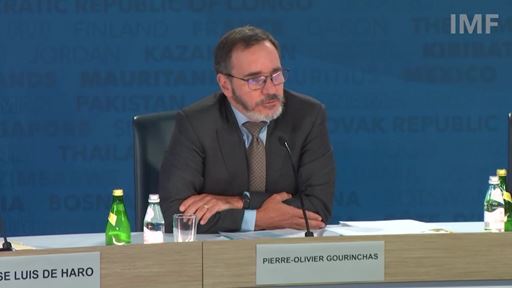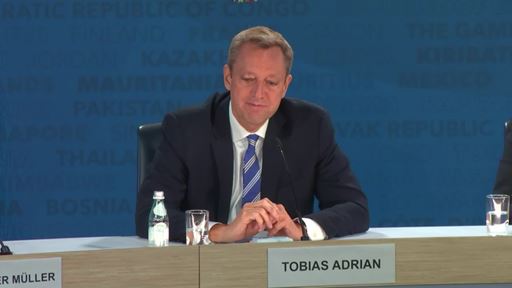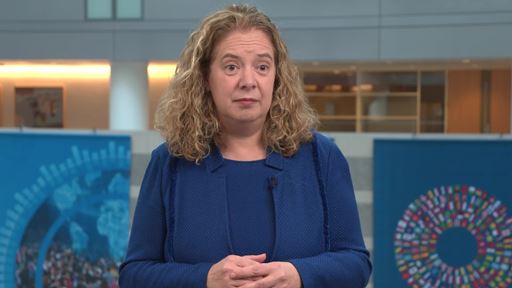"Yes, the recovery is likely to continue, but against stronger winds," announced IMF’s Managing Director Kristalina Georgieva in an event hosted by the Center for Global Development in Washington, DC (Wednesday, January 12).
Georgieva expressed her concern over how this new wave of infections will affect divergence, inflation, and debt. She urged economies to assess how strong their defenses are against COVID and how much policy space do they have to boost their businesses and support their households, especially the vulnerable ones.
“I would have liked very much to have a more optimistic outlook at the beginning of the year, but the reality is we are looking into a somewhat weaker momentum of the recovery and higher uncertainties, more risks in 2022. To give you the perspective from the Fund already towards the end of the previous year, we were concerned that the recovery was weakening, why? Because the two big engines of the world economy, the US and China, both were slowing down vis-a-vis projection from the summer. And now we also have Omicron. For us to the Fund, it is not a surprise that there is a new wave,” said Georgieva.
Debt has spiked during the pandemic to levels not seen since the Second World War, added Georgieva. Mounting sovereign debt has weighed particularly heavy on low-income countries, and now some emerging markets are also looking a little bit more vulnerable.
“It has gone up dramatically during the pandemic, not surprisingly. We had never seen such a boost in debt levels since the Second World War now if you take public and private debt collectively at 256 percent of GDP. Debt is particularly heavy on countries with weaker fundamentals and higher debt levels and especially that concerns low-income countries. But if last year you would hear me talking about low-income countries, this year, they are emerging markets that also would be in this category. Now you put all this together and you recognize that it is a year in which, yes, the recovery is likely to continue but against stronger winds. And one of these winds is something that we had in 2019. Street protests, unrest. This is coming back, and it would make the life of policymakers much more complicated,” said Georgieva.
The Fund is currently working on a Resilience and Sustainability Trust which would be an addition to the instruments of the IMF. For this instrument, the Fund is proposing adding pandemic preparedness as an element of eligibility for countries. The trust would be somewhere between 30 to 50 billion USD and may go even higher depending on the demand and how successful it is.
“Our ambition is to create an instrument that is focused on policy support, and it is, in a way, piloting the transmission form Article 4 and surveillance to what we support with financing. My expectation is that we will have the design by the spring meetings. I hear your points that this we have again, it's a balancing act for us because of one side, we have to guarantee the reserve asset quality of the SDRs that would be on-lended through the RST. And on the other side, we have to make sure that financially this is a viable proposition that you know countries would be able to pay back over a long period of time,” said Georgieva.
To watch the full event, click here

